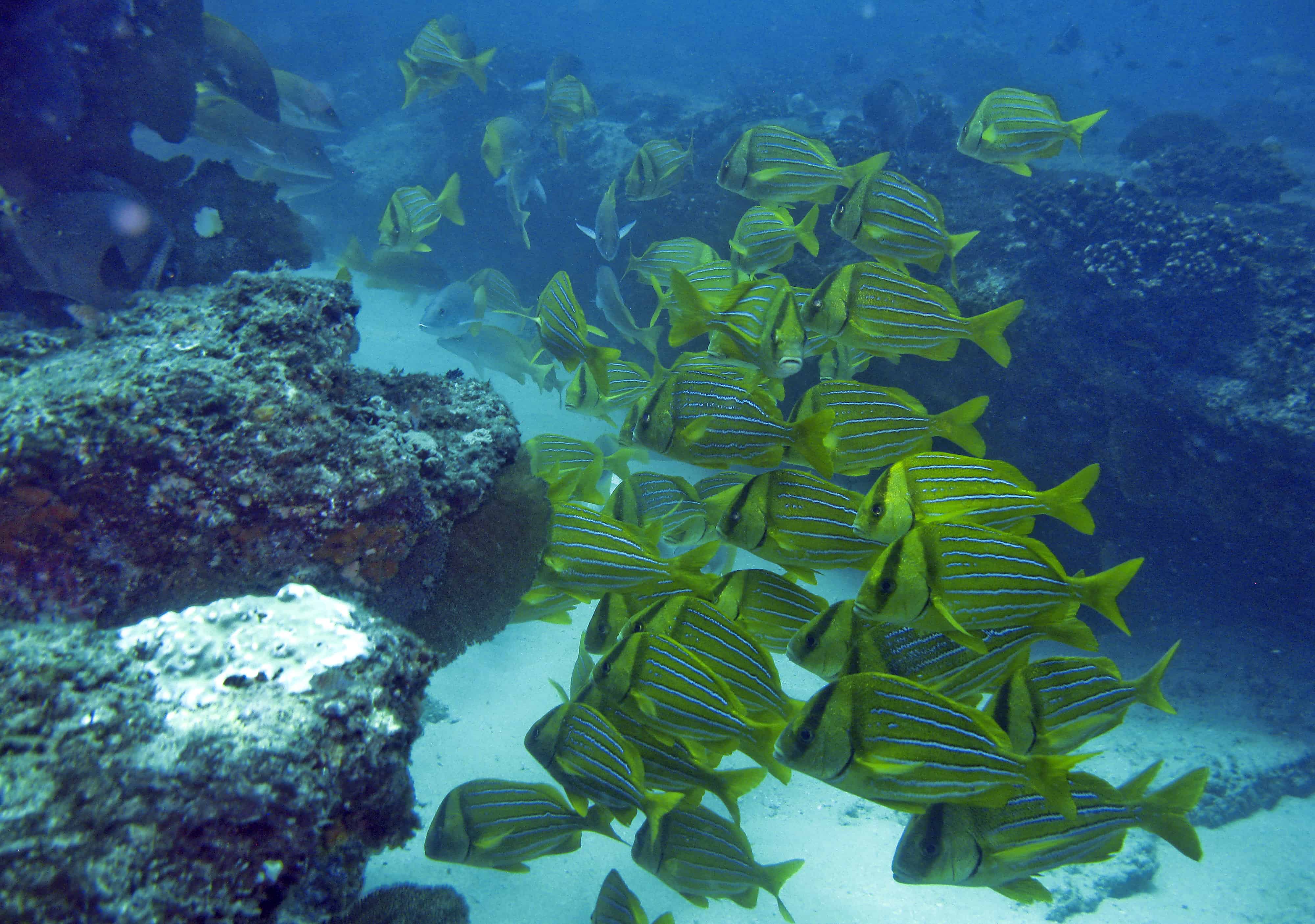Several environmental organizations requested the urgent intervention of the National Institute of Fisheries and Aquaculture (INCOPESCA) after learning about the resignation of its executive president, Heiner Mendez.
They pointed out that during Méndez’s administration, the sustainable development of fisheries and aquaculture was left without direction, partly because the National Development Plan for Fisheries and Aquaculture was only in force until last year, and INCOPESCA has not updated it.
According to the associations, due to the inoperability of the institution, Costa Rica lost funding available for the urgent improvement of fisheries and aquaculture, including necessary studies to provide licenses to artisanal and small-scale fishermen. Contrary to supporting the fishing sector, this government intends to revive trawling.
As environmentalists recalled, under his administration, the Institute attempted last year to include more than 200 new species as resources of fishing and aquaculture interest, such as corals, turtles, wild iguanas, sea urchins, sponges, sea cucumbers, and algae.
“It was thanks to pressure from public opinion and environmental organizations that the government reversed this environmentally destructive action,” they stressed.
They also mentioned that at least three fishing boats invaded protected areas to release their trawling nets, under the assumption of a fraudulent shrimp fishing study that was stopped by the courts of justice, due to the poor management of the now former executive president.
Organizations such as Bloque Verde and the Centro Comunitario de Buceo Embajadores y Embajadoras del Mar insisted that profound changes must be made, as illegal, unreported, and unregulated fishing must be tackled, and the country must comply with its international obligations.
Another pending task is for the institution to eradicate all capture of hammerhead sharks and other endangered sharks, including bycatch, in the entire Costa Rican exclusive economic zone, since a decision by the Supreme Court of Justice’s Court I recognized that sharks are wildlife.
The Chaves administration appointed Nelson Peña, an agronomist who has a specialization in Technical Specialty Teaching: Animal Production and an academic master’s degree in Tropical Diseases.
“Too bad they still refuse to incorporate experts in marine conservation and ecology in such a key position,” the environmental organizations expressed in a press release.

